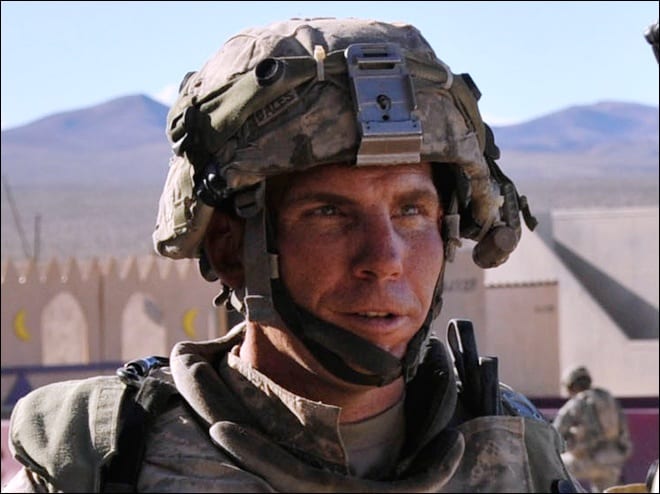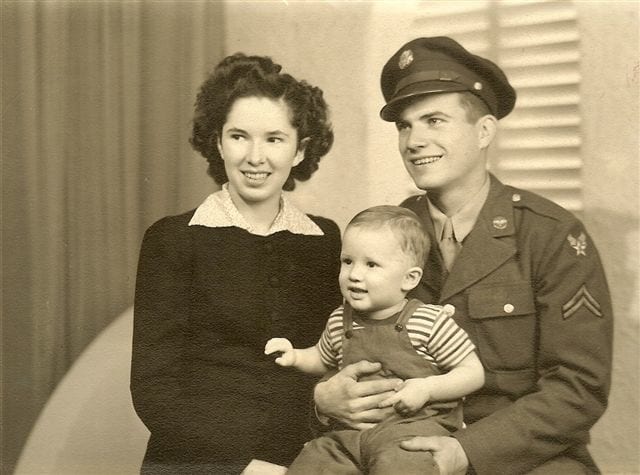Sometimes the strangest stories get stuck in my head, back somewhere half-buried in the sand with just a glint of shimmer peeking out to catch my eye (thoughts) a few times a day.
Sometimes when I am listening to a friend talk, I feel a deeper sense of knowing, or at least the potential to find a deeper understanding, and that feeling echoes throughout my days and nights until I’m ready to haul it out from the sand and give it a once-over.
Yesterday I sat and had a fully impromptu cup of coffee with a dear, lovely friend and we caught up a little bit, talking of things important and not so important. She told me a funny story that sat with me until this morning when I finally realized why it was resonating.
Over the past few weeks, J has been cleaning out her attic, purging boxes and old documents and hauling things to the thrift store that she no longer needs. Among other things, one item she decided to get rid of was an old stool of her daughter’s. It was a mushroom-style stool that her mother had given to her daughter to use with her vanity table – a table that has long since been sold or given away, but the stool remained. It was unique and presumably in good condition and probably had some sentimental value, but J took it to the thrift store in town along with a load of other things.
A few days or a week later, J got an email from her mother with a link to a listing for a stool just like that one on Craigslist. Vintage, 1960s mushroom stool for sale. $45
“See?” her mother wrote, “You could sell that stool! Here’s one just like it.”
J laughed out loud. That WAS her daughter’s stool. The same one she had dropped off at the thrift store. She examined the photo on the listing and determined that someone must have bought the stool cheaply, recognized it for what it was, and decided to make a little cash off of it.
As she told me that story, I thought of my dad for some reason, and how furious he would be at the missed opportunity to make some money off of an item. How angry he would have been that someone else was selling something that had been his, that he could have had that $45. I marveled at J’s easy laughter, at her complete lack of frustration, even as I knew I would have felt the same as her. Imagining the time spent photographing the stool, creating the listing, entertaining emails and phone calls from interested buyers, and waiting at home for someone to come pick it up, I tried to gauge what my time was worth and where the tipping point would have been. $50? $100? In the end, I gave a mental nod to the cleverness of the person who saw the stool in the thrift store and recognized it as something special and made some money off of it.
I have always resisted writing or speaking about my thoughts on the conflict in the Middle East, mostly because I don’t feel as though I have any right to do so, given my lack of knowledge. I have read articles and some history on the Palestine-Israel, Gaza Strip issues and have a rudimentary grasp of the players and their beliefs, but I don’t feel as though I truly have a grasp of the deepest issues and the raw wounds and I am loathe to offend anyone with what will most likely be a superficial assessment of the continuously erupting wars in that part of the world.
That said, there is a part of me that feels as though the most superficial (perhaps basic is a better word) treatment is the most accurate. These are human beings, killing each other and each other’s children, afflicted with a sense of scarcity and fear that causes them to continue killing in some effort to gain more. More of what is, in my mind, beside the point. In any war or armed conflict, there is a basic underlying assumption that someone else has what I want, or what I believe is rightfully mine. There is a belief that I deserve or own something and that the only way to get it is to prove my physical (or military) superiority. Grief is not a big enough word for what I feel when I read about the loss of life on a daily basis in Gaza and the Ukraine and parts of Africa. We are killing each other for things. We have become seduced by the notion that we can not only have more, but we deserve more, and that it is perfectly okay to go in and take more by whatever means necessary. We have succumbed to the notion that what we have is not enough, or that even if it is enough, that we are entitled to something more. We are teaching our children that power and property are more important than love and life and community and cooperation. We dehumanize each other by putting each other into groups based on skin color or ethnicity or religion or gender so that we can more easily justify going after what we are so afraid to not have, as if it will give us peace and happiness.
J could have been bitter and angry that she “lost out” on the money she could have made by selling that stool, but she didn’t fall prey to the myth of scarcity. She recognized that what she has is enough and was pleased to simply be lighter thanks to having given the stool away. I recognize that the stool is not the same as the Gaza Strip or the Ukraine, that there are much more complicated issues and beliefs associated with these conflicts and I do not mean to demean them in any way. My heart is heavy when I think about what it will take to stop the bloodshed, even for a little while, and heavier still when I imagine the scars this round of killing has inflicted on the families of the dead. I absolutely believe that our best shot at stemming the tide of violence is to ask ourselves who we are willing to kill or maim in order to get a strip of land, to see the faces of those individuals being bombed and shot, see them with their families and friends, hear their voices, acknowledge their humanity alongside our own family and friends, and assess what we already have to see whether it is enough. To ask ourselves whether it is worth taking the life of another person to get a little bit more, or for the purpose of making some point or other, asserting our “rights.” Can we instead make do with what we have?




